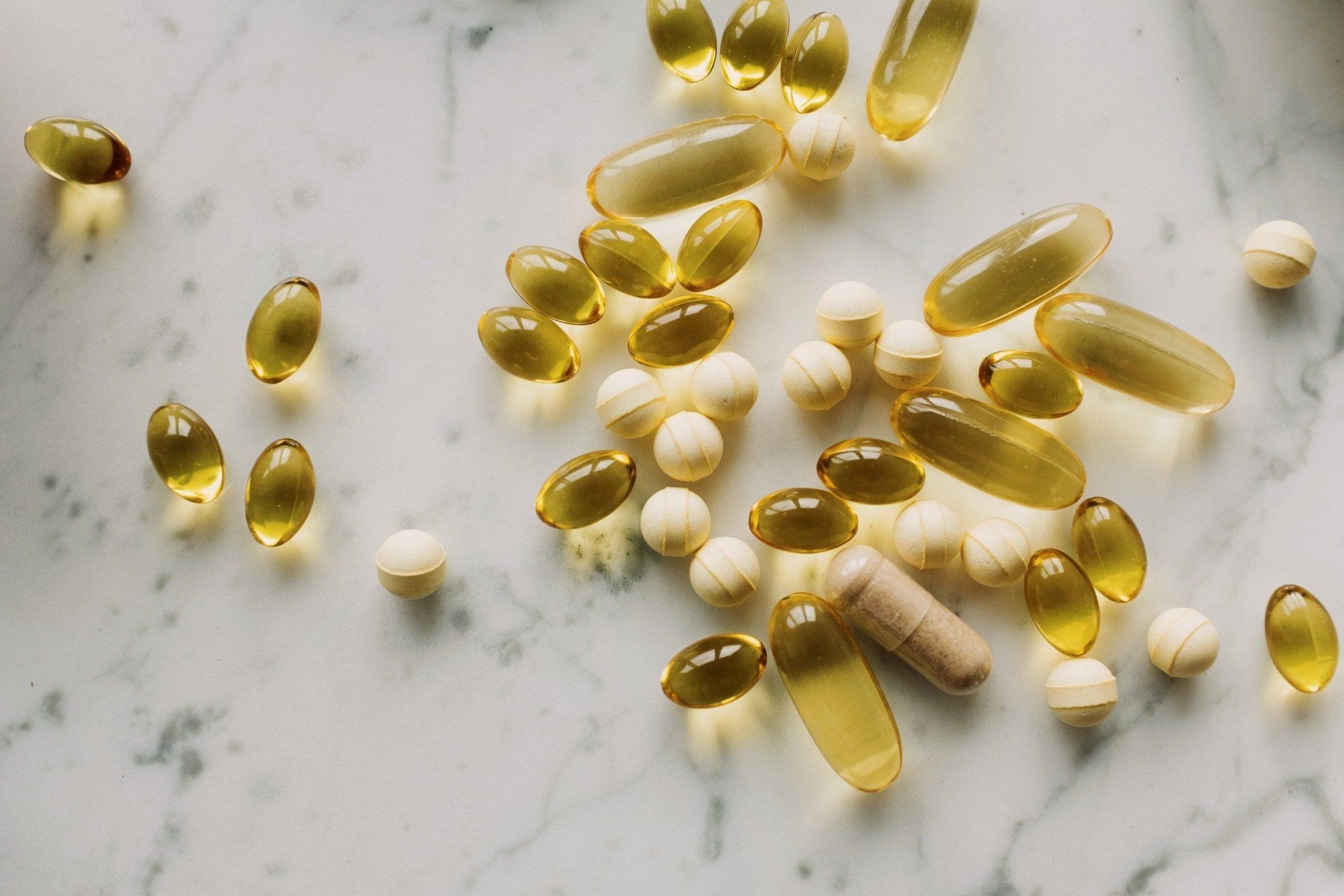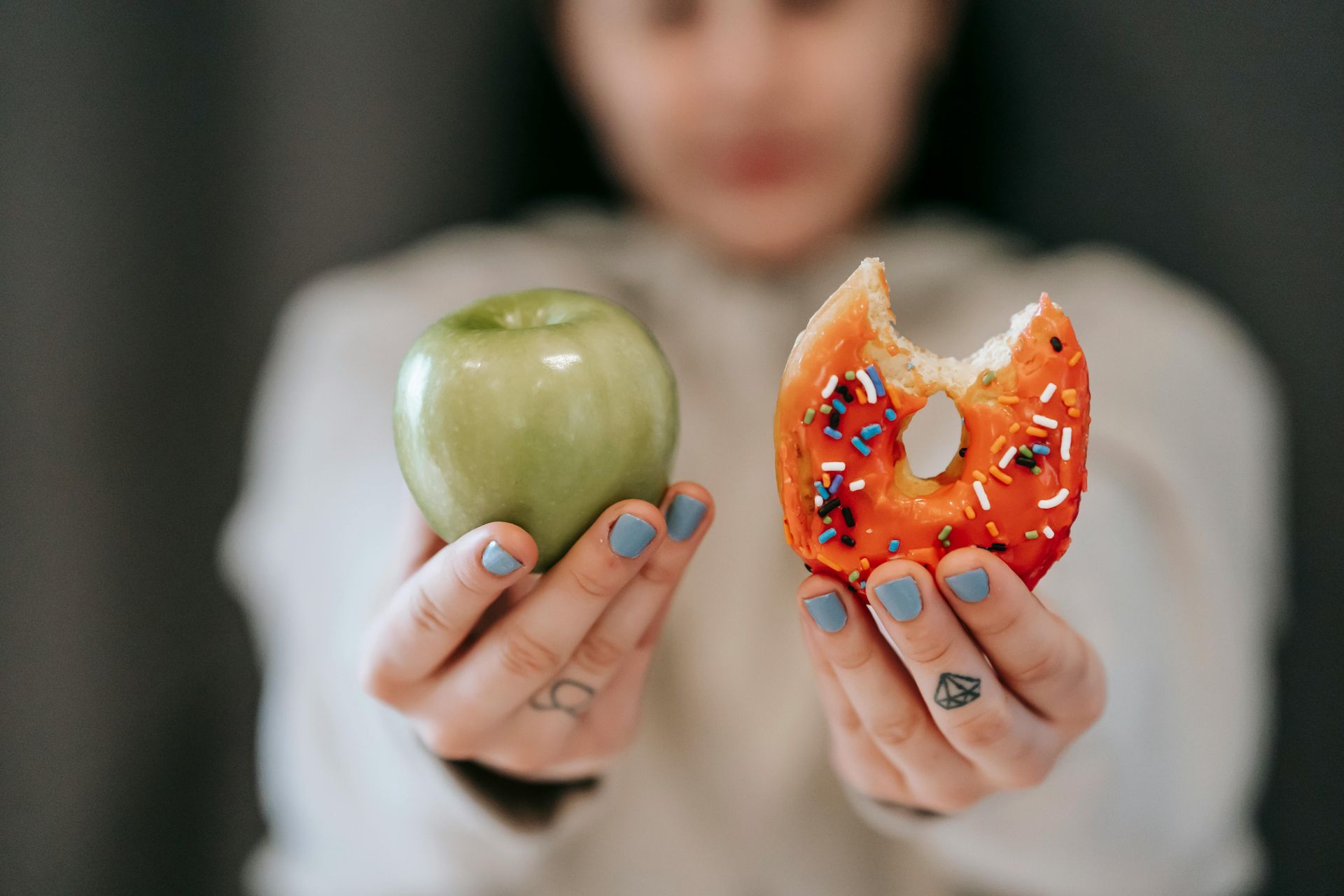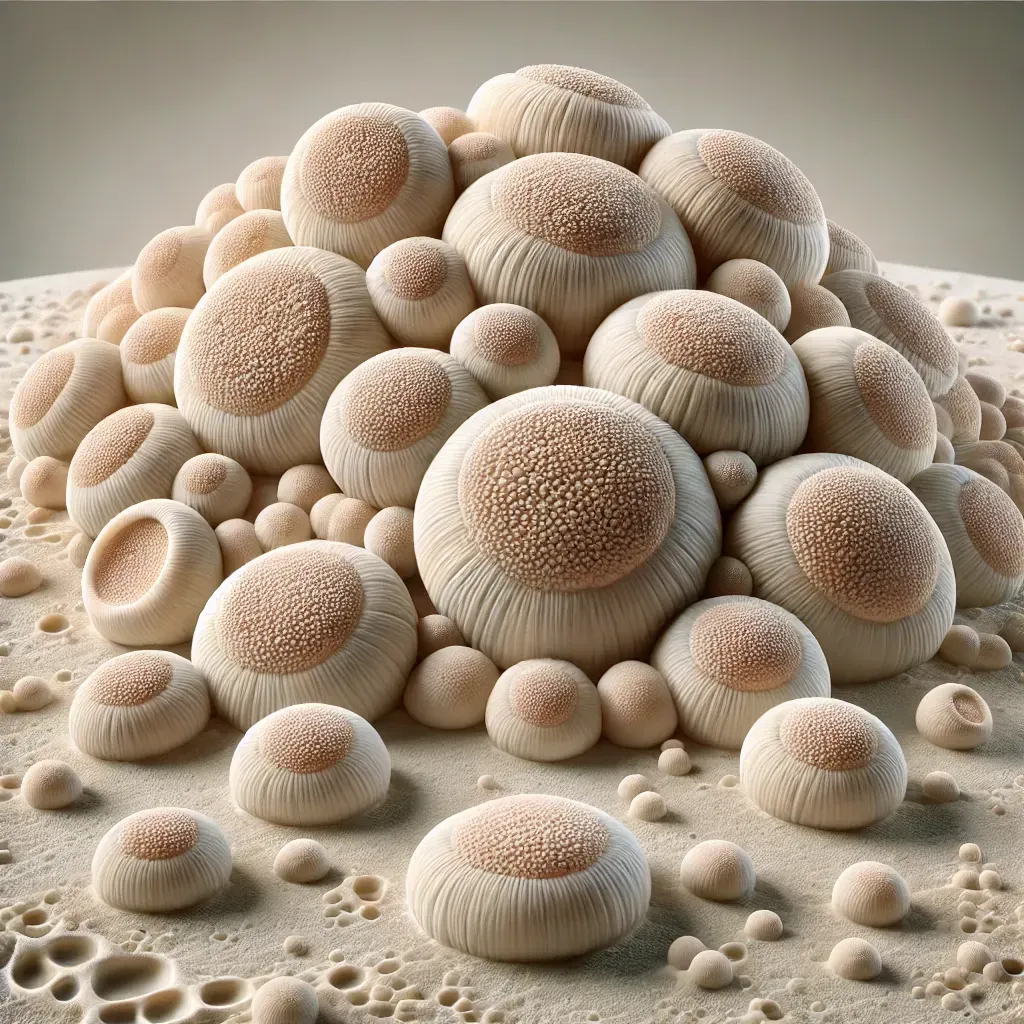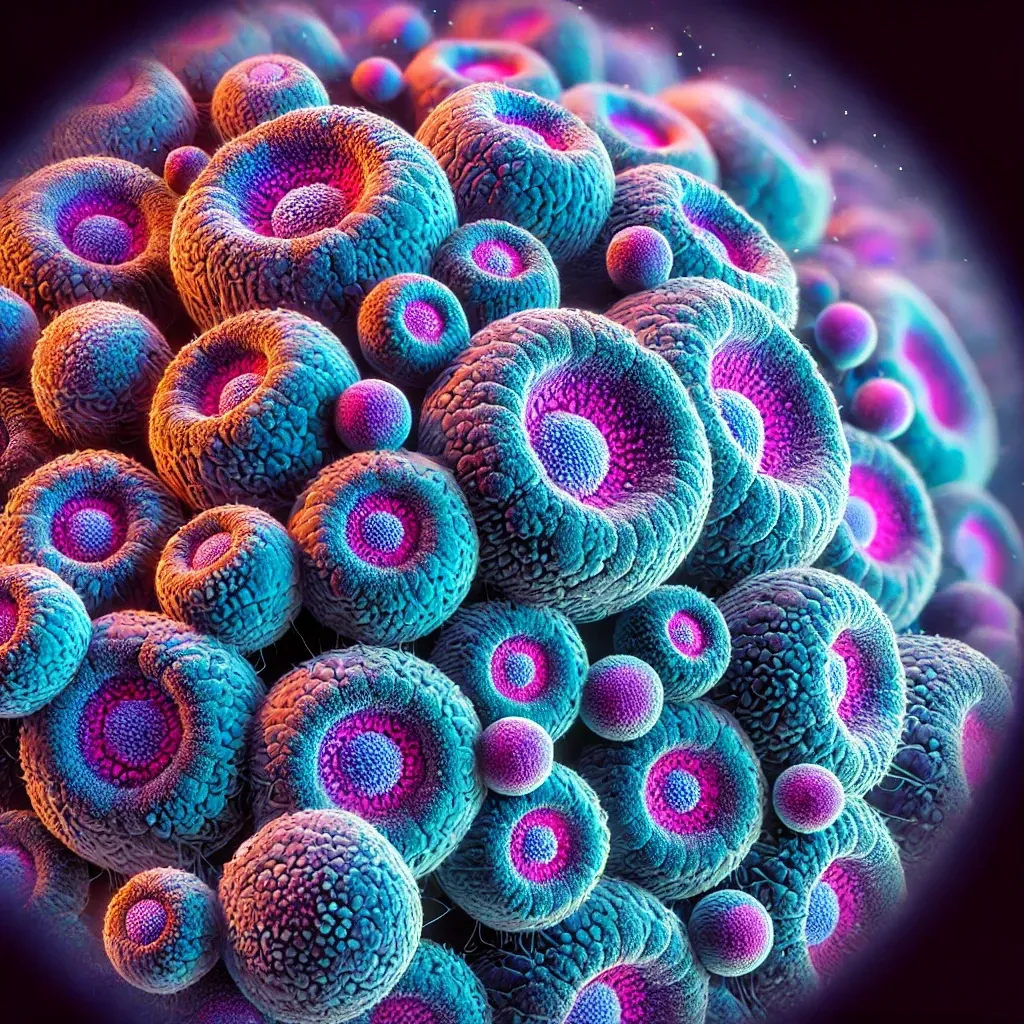Why CoQ10 is the Unsung Hero of Heart Health (And Why You Need It)
Discover How CoQ10 Supports Heart Health, Energy Levels, and More—Especially During Heart Health Month.
February is Heart Health Month, so let’s talk about a nutrient your heart absolutely loves: Coenzyme Q10 (CoQ10). This powerhouse compound is involved in so many critical processes in your body, yet it doesn’t always get the attention it deserves.
Ready to find out why CoQ10 could be your heart’s best friend? Let’s dive in!
What Exactly is CoQ10?
CoQ10 is a little molecule with a big job. It’s essential for energy production in your cells and acts as a powerful antioxidant, protecting your body from damage caused by free radicals. It’s like your body’s natural battery pack, helping your cells stay energized and healthy.
Here’s the cool part: While CoQ10 behaves like a vitamin, it’s technically not one because you don’t get it from food. Instead, your body makes it and stores it in your liver.
Why is CoQ10 So Important for Heart Health?
Your heart is a busy organ. It beats over 100,000 times a day and never takes a break! This requires a ton of energy, and that’s where CoQ10 comes in.
CoQ10 plays a vital role in:
Producing Energy: It’s essential for generating ATP, the energy your cells need to function.
Regulating Heart Rhythm: It supports proper muscle contractions, including those in your heart.
Lowering Oxidative Stress: By acting as an antioxidant, CoQ10 helps reduce damage to your cells, which is especially important for your cardiovascular system.
Minerals like potassium, magnesium, and calcium are key players in heart health, and guess what? CoQ10 helps ensure these minerals work harmoniously to regulate blood pressure and maintain a steady heartbeat.
What Happens if You Don’t Have Enough CoQ10?
A CoQ10 deficiency can throw a wrench in your body’s ability to function optimally. Low levels have been linked to:
- Migraines
- Cancer
- Heart failure
- Metabolic syndrome
- Chronic fatigue syndrome
- Neurodegenerative diseases like Parkinson’s and Alzheimer’s
And if you’re on statins (a common cholesterol-lowering medication), you’re at an even higher risk of deficiency. That’s because statins block the pathway your body uses to produce both cholesterol and CoQ10. It’s a double-edged sword that can leave you feeling tired, achy, and depleted.
CoQ10 comes in two forms:
- Ubiquinone: The oxidized form, which your body needs to convert into its active state.
- Ubiquinol: The reduced, active form that your body can use right away.
If you’re over 40 or dealing with health issues like fatigue or heart problems, ubiquinol is usually the better choice because your body’s ability to convert ubiquinone declines with age.
How to Support Your CoQ10 Levels
While CoQ10 isn’t found in food, you can support its production by eating nutrient-dense options like liver, fatty fish, and nuts. But for most people—especially if you’re on statins or dealing with health challenges—supplementation is the way to go.
This February, Show Your Heart Some Love
As we celebrate Heart Health Month, think of CoQ10 as a gift to your cardiovascular system. Whether you’re looking to boost your energy, protect your heart, or support your overall health, this little nutrient does it all.
So, what do you think? Is it time to make CoQ10 part of your health routine? Your heart (and body) will thank you. ❤️
Don't Miss Out!

Heidi Toy Functional Medicine Blog


























































































